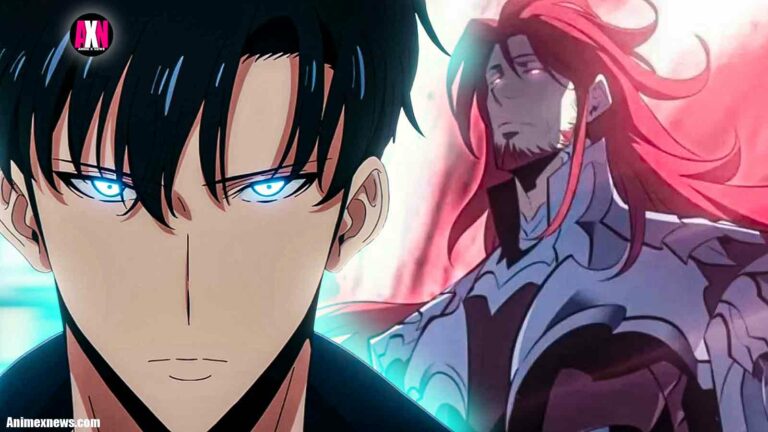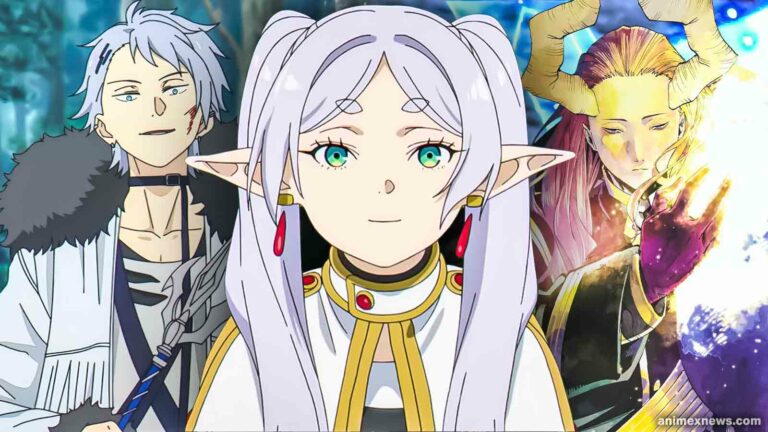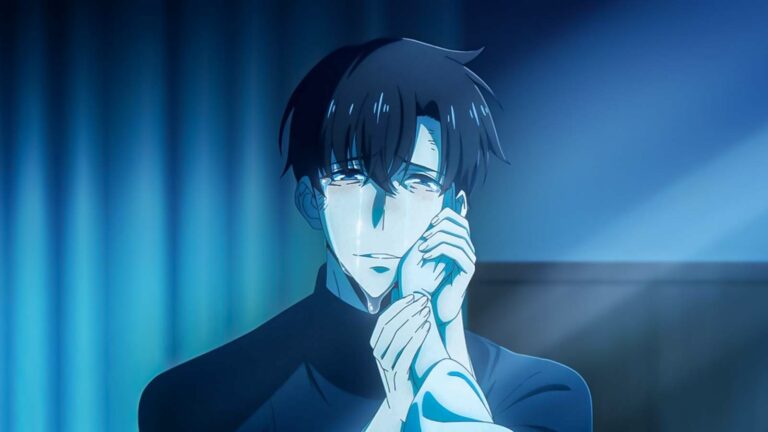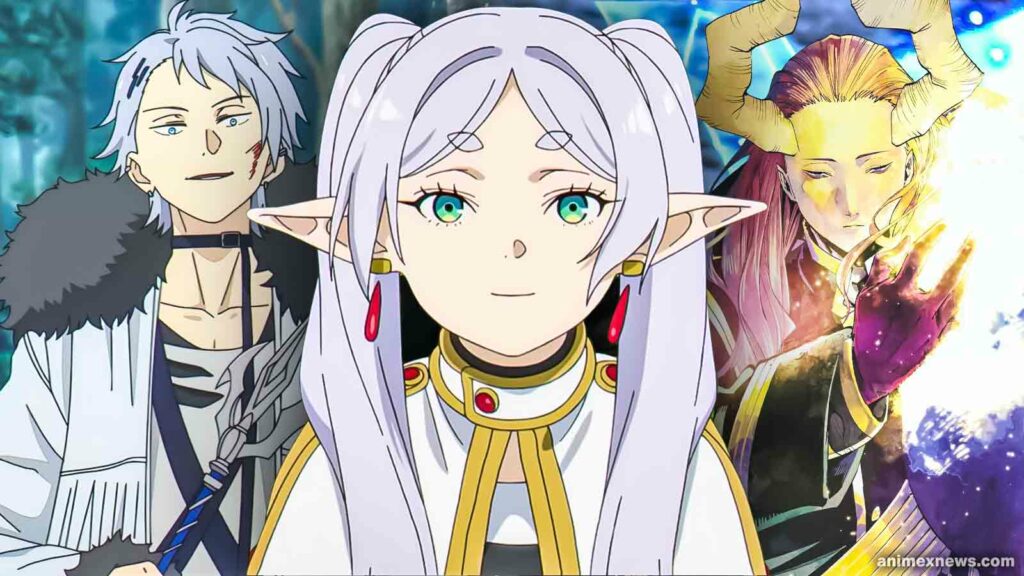In a recent revelation that has stunned the anime community, Hidetoshi Fujisawa, the composer behind Neon Genesis Evangelion’s legendary opening theme “A Cruel Angel’s Thesis,” has admitted to never having watched the iconic anime series.
The Unexpected Confession
#残酷な天使のテーゼ
1995年10月25日に発売されて、今日で29年らしい。スゴいね。
たくさんの人たちが聴いてくれて、カヴァーしてくれて、カラオケの上位にもいて、そしてもちろんエヴァンゲリオンはずっと愛され続けている。
有り難いことだ。
でも未だにエヴァ観てない。ごめん。— 及川眠子 (@oikawaneko) October 24, 2024
Fujisawa, who performs under the stage name Yoko Takahashi, made this surprising admission during an interview, stating, “I’ve never watched Evangelion. I’ve only seen the opening sequence”. This confession has left fans and industry insiders in disbelief, given the profound impact of both the anime and its opening theme.
A Song That Transcended Its Origins
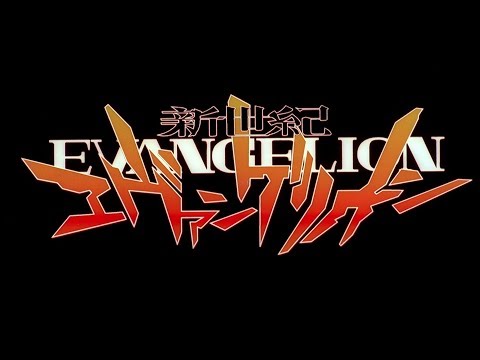
“A Cruel Angel’s Thesis” has become one of the most recognizable anime opening themes of all time, achieving popularity far beyond the Evangelion fanbase. The song’s upbeat melody and powerful vocals have made it a staple at karaoke bars and anime conventions worldwide. Despite never having watched the series, Fujisawa managed to capture the essence of Evangelion’s complex themes in the song’s lyrics and composition. This feat speaks volumes about the composer’s artistic intuition and talent.
Behind the Scenes
Interestingly, Evangelion director Hideaki Anno initially didn’t plan on having a song created for the intro. He originally wanted to use “Polovtsian Dances” from the opera “Prince Igor,” but this was ultimately turned down by the TV station. The song’s lyrics were written by Neko Oikawa in just two hours, based on minimal information about the series. Oikawa drew inspiration from the manga “A Cruel God Reigns” for the title and decided to write from the perspective of a mother who doesn’t want her child to grow up.
Fan Reactions
Fans have expressed a mix of surprise, amusement, and admiration in response to Fujisawa’s revelation. Some comments from social media include:
“This is both hilarious and impressive. Creating such an iconic song without even watching the show? Talent!”
“I’m shocked but also kind of impressed. It just goes to show how universal the themes in Eva are.”
“Maybe this is why the song feels so timeless? It wasn’t tied down by specific plot points.”
“I wonder how different the song might have been if they had watched the series. Would it have been better or worse?”
This unexpected twist in the Evangelion saga serves as a reminder of the complex nature of artistic creation. It also highlights the power of music to convey emotion and meaning, even when divorced from its intended visual counterpart.




